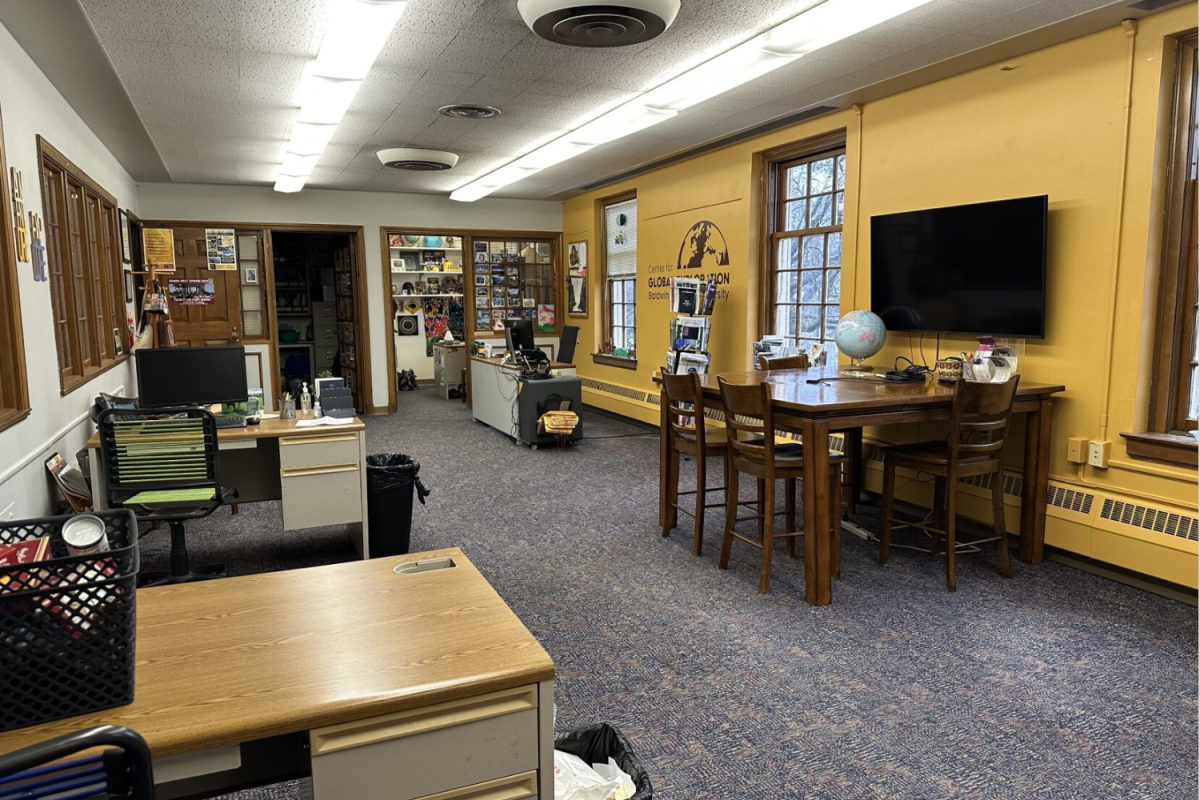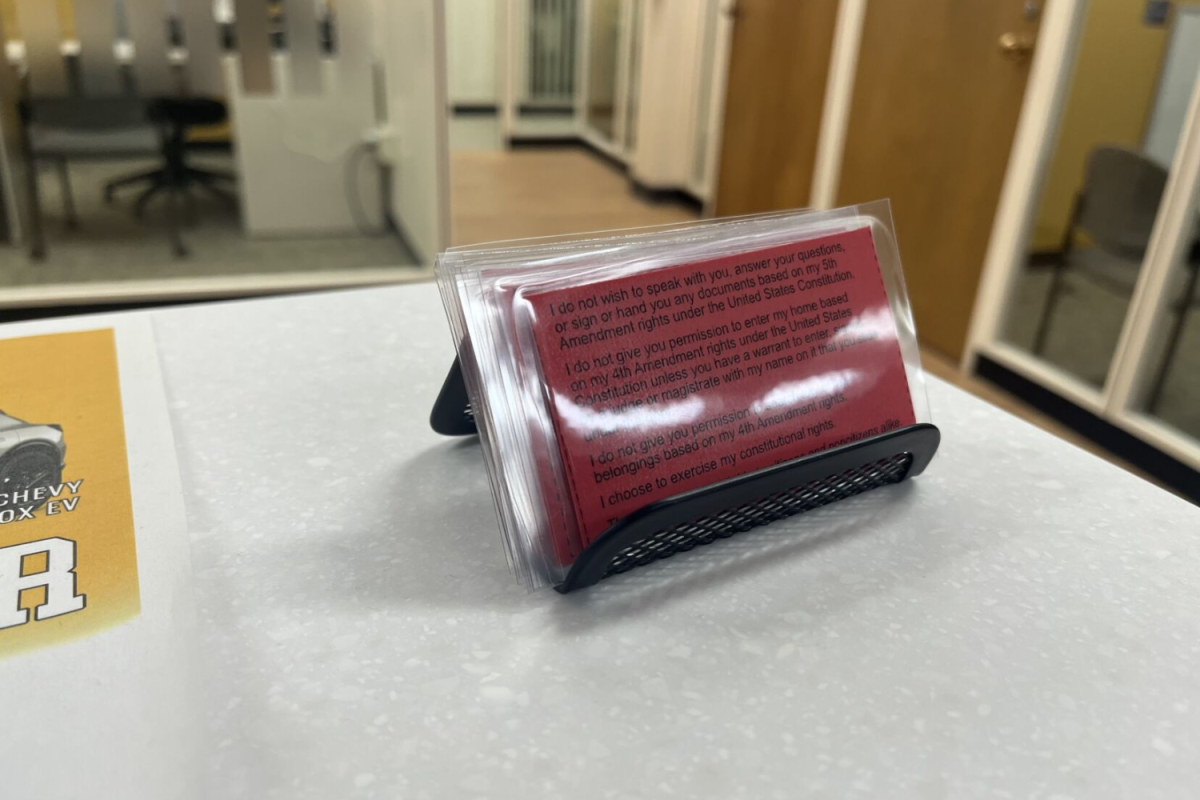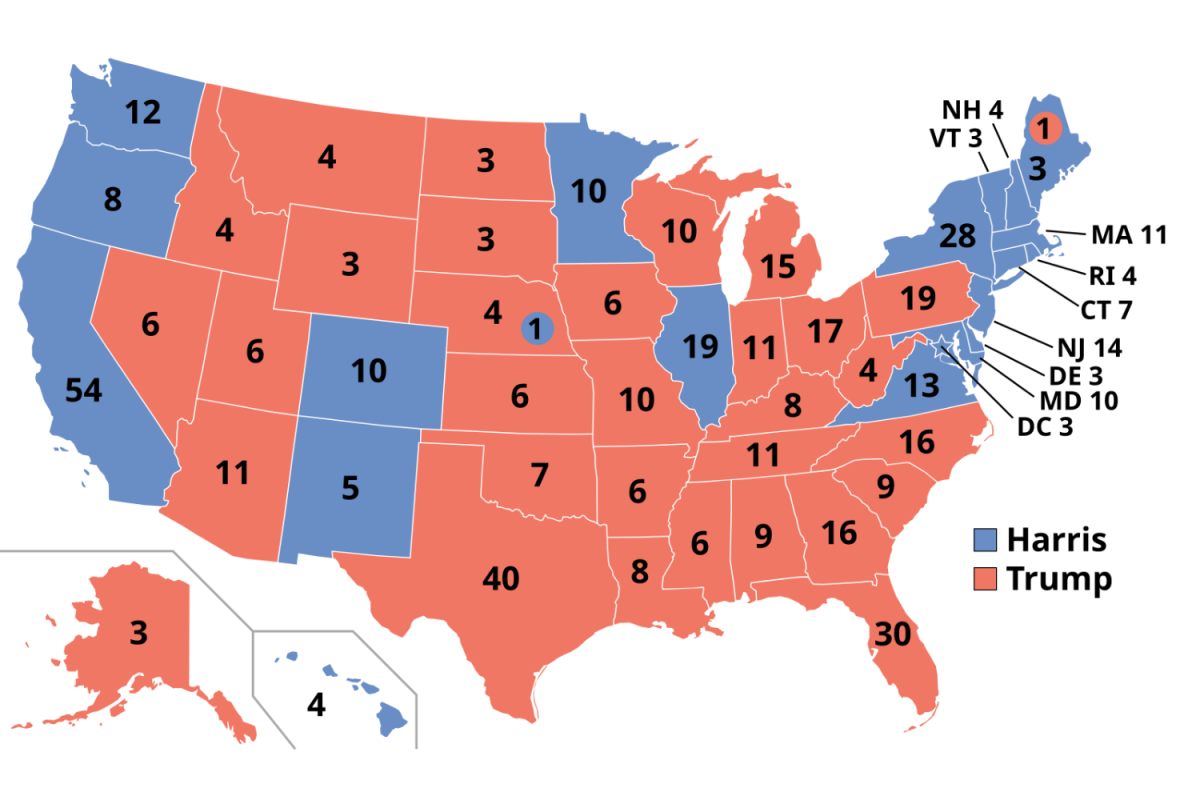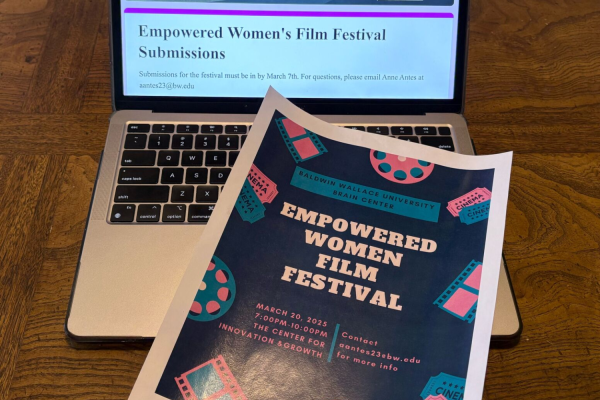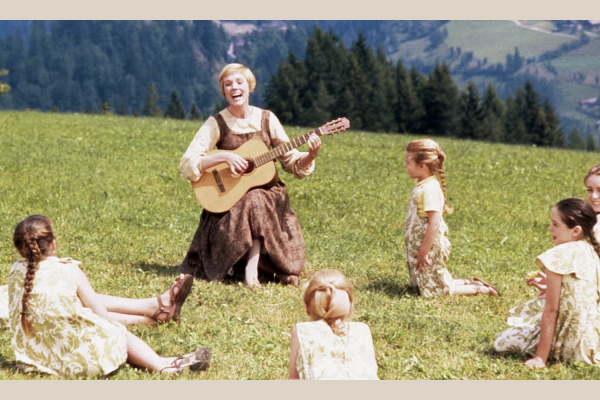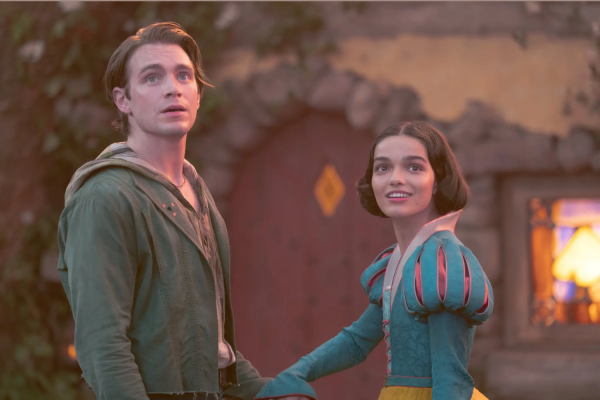Production team redefines ideas behind ‘The Burial at Thebes’ after Covid-19 cancellation
The production team and its cast discuss how Covid-19 impacted the initial BW production, the behind the scenes and how they prepared for the opening night.
“The Burial at Thebes,” which was set to open in 2020 but later got shut down due to Covid-19, will finally make its debut in the Black Box Theatre in the Kleist Center for Art & Drama today at 7:30 p.m.
Directed by Keira McDonald, an associate professor and head of the BFA acting program, “The Burial at Thebes” is based on “Antigone” from the Greek tragedies. This play explores the concept of being caught between principles and laws and struggling with choosing what is right. Antigone, the main lead, then faces significant consequences and family drama when she decides to defy the King.
The production team and cast had to overcome a few challenges created by the cancellation of the original production of the play by Covid-19. McDonald said that she worked with different designers on the initial production of “The Burial at Thebes.”
Joshua Kass-Amsterdam, a senior acting BFA major who plays Creon in the play, was cast in the initial production.
“The production felt like it was being ripped away [when Covid-19 caused it to be cancelled]. … It was tangible of what we had lost before we knew what would be lost,” Kass-Amsterdam said.
Despite the challenges, both McDonald and Kass-Amsterdam had a more hopeful insight into this year’s performance.
Kass-Amsterdam said that seeing the show through to the end has shown that the world is “changing and adapting, including its imperfections.”
“I have a different set of designers working for me [now],” McDonald said. “[The play has] evolved and changed, and I’m happy with it now as I was happy with it back then.”
McDonald described her planning process in each rehearsal, which started with a discussion that proceeded to staging, meaning that the team worked from broad ideas to small details.
“I help the director get a realistic idea of what we can accomplish in four hours, which is how long we rehearse in a day,” Kelsey Malone, a junior stage management major and the production stage manager of the production said. “The director takes notes while running the show and we go back and fix the things that aren’t working.”
Jason Luck, a junior theatre tech and design major, was the set designer for “The Burial at Thebes.” He said that the process behind creating the set was like having pieces to a puzzle and figuring out ways to incorporate specific ideas.
“There are three big steps: In the beginning, there’s a lot of drawings. Then once those drawings get approved, you move into drafting. The final step is technical week,” Luck said.
Some key features of the production’s set are the incorporated statue and the pillars used for the background.
“We named the Greek statue Jocasta who is Edipus’s mother/wife in the tragedy,” said Malone.
McDonald said that the statue originated when Jeffrey Herman, now the head of the theatre department, had designed the production of “Antigone” around 20 years ago.
When describing the background set design for the pillars, Luck imagined from the research and clues that he gathered the scene should look “strict but crumbling.” This also reflects Creon’s moral code in the plot.
The production cast and crew also shared what they hoped the audience would take away from the play.
“If you’re looking to see a very physical and emotional show with the same kind of experience, this is the show to see,” said Kyle Arzaga, a sophomore acting BFA major.
“I hope the audience will take away this idea that you can be wrong and that’s not the end of the world. … It’s never too late to change and adapt,” Kass-Amsterdam said.
“The Burial at Thebes” runs from Wednesday, March 29 to Saturday, April 1 at 7:30 p.m. and on Sunday, April 2 at 2 p.m. in the Black Box Theatre in the Kleist Center for Art & Drama. To book tickets click here.
The Exponent is looking for financial contributions to support our staff and our newsroom in producing high-quality, well-reported and accurate journalism. Thank you for taking the time to consider supporting our student journalists.

